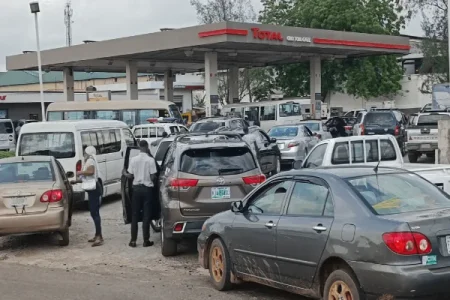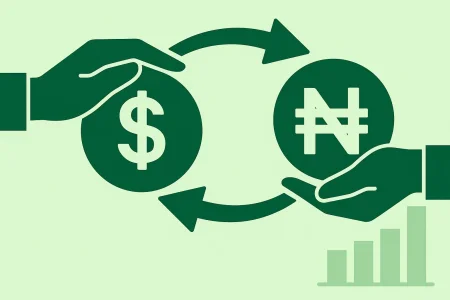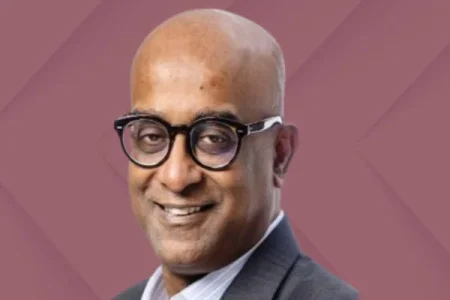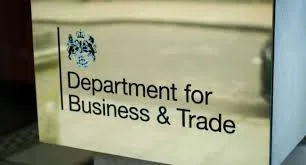
Fuel scarcity continues to worsen across various regions of Nigeria, including Lagos, Ogun State, and Abuja, despite claims by the Nigerian National Petroleum Corporation (NNPC) Limited that all issues have been resolved. Reports from Nairametrics reveal that petrol prices have soared to as high as N850 to N900 per liter in Lagos, particularly in locations like Maryland, Ikeja, Agege, and Iyana Ipaja. Similar situations are observed in Abuja, where long queues form at filling stations along major roads, accompanied by the presence of black marketers selling petrol at exorbitant rates of up to N1,500 per liter.
The scarcity has led to a concerning trend of many filling stations closing their doors, exacerbating the challenges faced by consumers. In areas like Agege, Ikeja, Ogba, and Ikotun in Lagos, operational stations are selling fuel at inflated prices, further intensifying the demand and leading to extensive queues. Commuters experience heightened transportation costs, with fares doubling in response to the scarcity, particularly in areas like Ogba, Ikotun, and Berger.
Speculations abound regarding an impending increase in petrol prices, with experts attributing the scarcity to discrepancies between delivery prices for different petroleum marketers associations. Additionally, reports suggest that the scarcity may persist for an additional two weeks, as sourcing petroleum products has become challenging due to maintenance activities at refineries in Europe.
While NNPC spokesperson Olufemi Soneye assured that logistical issues impacting fuel distribution had been resolved, the reality on the ground contradicts these claims. Despite warnings against panic buying, the scarcity persists, prompting concerns among citizens and businesses alike.




